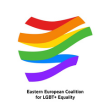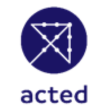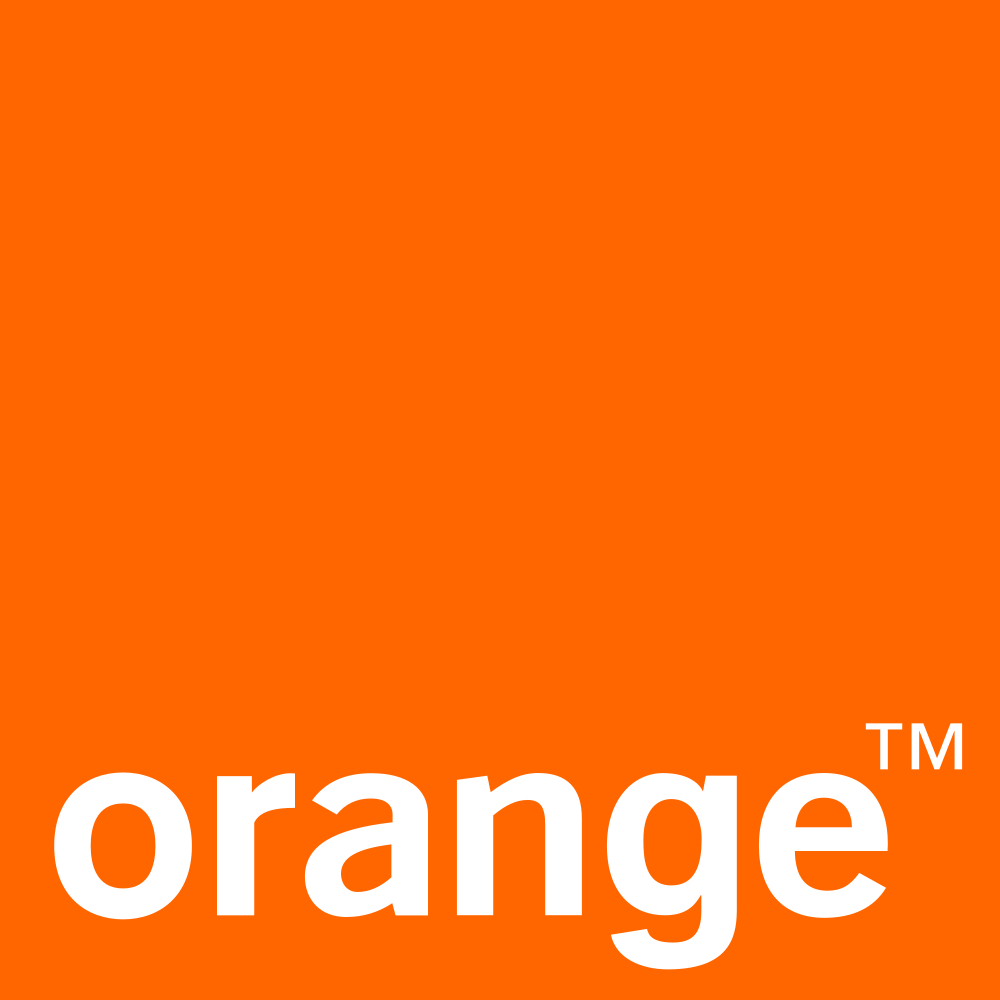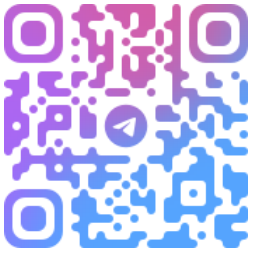Organizații vizate:
Anunțuri de Angajare
- Detalii
- Categorie: Angajări
Communication Analyst (NPSA-8) - UNDP Moldova/Just Energy Transition - 16408
Informațiile prezentate în articolul de mai jos pot să nu mai fie actuale sau să nu mai reflecte activitățile și programele curente. Anunțul este păstrat în arhivă pentru a asigura transparența și accesul public la informațiile despre inițiativele și proiectele implementate anterior.
Salariul lunar net: 34000 MDL - 42000 MDL +8,33% (fond de pensii pe lună)
Asigurarea medicala internationala 100% acoperire
To apply please follow the link/Pentru a aplica, vă rugăm să adresați link-ul: Apply
Background
Diversity, Equity and Inclusion are core principles at UNDP: we value diversity as an expression of the multiplicity of nations and cultures where we operate, we foster inclusion as a way of ensuring all personnel are empowered to contribute to our mission, and we ensure equity and fairness in all our actions. Taking a ‘leave no one behind’ approach to our diversity efforts means increasing representation of underserved populations. People who identify as belonging to marginalized or excluded populations are strongly encouraged to apply. Learn more about working at UNDP including our values and inspiring stories.
UNDP does not tolerate sexual exploitation and abuse, any kind of harassment, including sexual harassment, and discrimination. All selected candidates will, therefore, undergo rigorous reference and background checks.
Moldova is part of the EU’s European Neighborhood Policy (ENP) and in the Eastern Partnership framework, which aims at strengthening individual and regional relationships between the EU and countries in its neighborhood. Moldova is also part of the Energy Community Treaty since 2010 and has signed the Association Agreement with EU in June 2014, including the DCFTA which entered into force in 2016. As a follow-up, Moldova is required to ensure transposition of the EU acquis Communautaire, which underpins the EU energy legislation on electricity, gas, oil, renewables, energy efficiency and environment. The country has synchronized its electricity network with the ENTSO-E to connect to European electricity market.
Considering the ongoing energy crisis, the energy sector is one of the top priorities for the Government and it is addressed in Government’s Plans and a number of policy documents, laws and regulations which outlined the need to undertake more actions towards a green and just energy transition of the Republic of Moldova.
In accordance to the existing strategic planning documents, one of main priorities of the Government is to diversify the energy mix with more renewable energy, which is also fully in line with commitments under the EU Clean Energy for all Europeans package. Achieving this goal will require significant investment in the medium and long term, but also the country’s ability to attract and absorb the funds. The development of renewables, such as wind and solar, will also depend on improving the balancing capabilities of the Moldovan power system and its integration with neighboring countries.
In this regard the EU and Moldova stressed the importance of resilience against any potential efforts by third parties to use energy as a geopolitical lever. The EU has urged Moldova to ensure that the energy sector reform demonstrates full respect of the Energy Community acquis and is in line with the EU Third Energy Package. The EU side confirmed its support to the objective of Moldova for integration into the EU energy system and market, an important step being the recent synchronization of its electricity network with the Continental European Network (CEN).
Recognizing the importance of a just and green energy transition in addressing the root causes of the ongoing crisis, the Accelerating a Just Energy Transition in the Republic of Moldova portfolio of interventions has emerged - co-designed with the Government and other representatives of the energy system to ensure its relevance and effectiveness.
Through this Programme, the Government of Moldova will be further assisted to tackle the current energy crisis and energy poverty, and addressing prioritized systemic elements in the energy sector to cope with potential future energy crisis.
The Programme has the following five key components:
- Accelerate Energy Diversification and Efficiency: By supporting the modernization of infrastructure, buildings, and the grid, the Programme aims to increase access to renewable energy sources, promote energy efficiency, and encourage investment in renewable energy and innovative technologies.
- Decarbonizing Industries and Economic Sectors: The Programme seeks to drive the decarbonization of various economic sectors such as construction, transportation, agriculture, and the private sector. It aims to promote sustainable practices, share green business models, and develop vocational skills for the green energy sector to create equitable employment opportunities and support the transition to a low-carbon economy.
- Foster Sustainable Consumption Patterns: Through comprehensive public awareness campaigns and educational materials, the Programme aims to deepen understanding of energy efficiency and renewable energy among community members, business leaders, and government agencies. It strives to promote behavior change towards sustainable energy practices, particularly among vulnerable populations.
- Strengthen Inclusive Energy Governance: The Programme recognizes the importance of inclusive energy governance at both the national and local levels. It aims to strengthen the capacity of relevant institutions and stakeholders to effectively govern and manage the energy sector. By promoting transparency, accountability, and participation, the Programme seeks to ensure that decision-making processes related to energy transition are inclusive, empowering all segments of society, including marginalized groups.
- Addressing Energy Vulnerability and Promoting Resilience: One of the Programme 's primary focus is to address energy vulnerability and promote resilience among households and businesses. It will provide further support to the Government in improving and implementing compensation mechanisms, including the established an on-bill compensation mechanism targeting the households by level of vulnerability. This intervention aims to provide immediate relief to energy-poor households and the private sector, while also fostering long-term energy resilience and efficiency. The Programme places a strong emphasis on meeting the energy needs of vulnerable groups, prioritizing affordability, reliability, and sustainability. To this end, it will explore conceptualization of decentralized energy solutions, off-grid options, and harness the role of energy access in conflict and disaster recovery efforts, livelihoods, and social inclusion.
Implementation period: 2023-2027.
Duties and Responsibilities
Under the guidance and direct supervision of the Project Manager, the Communication Analyst shall contribute to an effective and efficient implementation of the project’s communication and outreach plan, contributing to an increased visibility of the project. The Communications Analyst will apply and promote the principles of results-based management (RBM), as well as a client-oriented approach consistent with UNDP rules and regulations.
The Communication Analyst will work in close collaboration with the Project Manager and the project staff for the effective achievement of results, anticipating and resolving complex project-related issues and information delivery.
The Communication Analyst shall exercise full compliance with UNDP programming, financial, procurement and administrative rules, regulations, policies, and strategies, as well as implementation of the effective internal control systems.
The Communication Analyst will coordinate the implementation of the Project’s communication and public outreach portfolio, particularly focusing on:
Effective communication plan management:
- Contribute to the timely and efficient delivery of outputs and products leading to the achievement of expected Project results and ensure full compliance of all the actions with UNDP policies and procedures;
- Coordinate the activity of the project’s national consultant(s) in the field of communication and public outreach;
- Review, implement and continuously monitor the project’s communication, using appropriate feedback mechanisms and monitoring tools;
- Establish meaningful partnerships with mass-media, at the local and national levels;
- Ensure synergies with other programmatic partners on joint outreach, communication, and capacity building activities;
- Identify appropriate suppliers for the provision of services required for the implementation of the communication plan;
- Ensure compliance with all corporate rules and regulations of UNDP and the Donor organizations in the field of communication and visibility promotion, efficiently cooperate with the UNDP and the Donor organizations communication analysts;
- Provide solid inputs to project’s analytical products, work plans and progress reports, etc.;
- Support the Project Manager and the UNDP CO in general project implementation and related strategic processes.
Visibility of project results:
- Support the communication capacities of project’s partners (including representatives of ministries, LPAs and private sector);
- Document best practices (via articles, success stories, interviews, press releases, etc.) and ensure wide dissemination and visibility of project achievements in the national media as well as in the local and regional media/websites;
- Design concepts for communication products and oversee their implementation;
- Organize press trips and ensure media coverage;
- Provide support to the project team on the conceptualization of new initiatives in line with the project’s objectives.
Competencies
Core Competencies
- Achieve Results: LEVEL 1: Plans and monitors own work, pays attention to details, delivers quality work by deadline
- Think Innovatively: LEVEL 1: Open to creative ideas/known risks, is pragmatic problem solver, makes improvements
- Learn Continuously: LEVEL 1: Open minded and curious, shares knowledge, learns from mistakes, asks for feedback
- Adapt with Agility: LEVEL 1: Adapts to change, constructively handles ambiguity/uncertainty, is flexible
- Act with Determination: LEVEL 1: Shows drive and motivation, able to deliver calmly in face of adversity, confident
- Engage and Partner: LEVEL 1: Demonstrates compassion/understanding towards others, forms positive relationships
- Enable Diversity and Inclusion: LEVEL 1: Appreciate/respect differences, aware of unconscious bias, confront discrimination
Cross-Functional & Technical Competencies
- Entrepreneurial Thinking
- Ability to create clarity around UNDP value proposition to beneficiaries and partners and to develop service offers responding to client needs based on UNDP’s organizational priorities and mandate
- Communication
- Ability to communicate in a clear, concise and ambiguous manner both through written and verbal communication; to tailor messages and choose communication methods depending on the audience
- Ability to manage communications internally and externally, through media, social media and other appropriate channels
- Data storytelling and communications
- Skilled in building a narrative around a set of data and its accompanying visualizations to help convey the meaning of that data in a powerful and compelling fashion
- Social Media
- Knowledge of social media and ability to advise the use of social media for development outcomes
- Campaign management
- Ability to produce and implement communications and advocacy campaigns which lead to impactful change
- Knowledge Facilitation
- Ability to animate individuals and communities of contributors to participate and share, particularly externally
- Digital Awareness and Literacy
- Ability and inclination to rapidly adopt new technologies, either through skillfully grasping their usage or through understanding their impact and empowering others to use them as needed
Required Skills and Experience
Education:
- Master’s degree or equivalent in journalism, communication, public relations, sociology, international relations, or another relevant field.
- Bachelor’s degree in the above field of studies in combination with additional 2 years of qualifying experience will be given due consideration in lieu of Master’s degree.
Experience:
- Up to 2 years (with Master´s degree) or minimum 2 years (with Bachelor’s degree) of progressive experience in communication, mass-media, public relations, and/or other substantive area.
Required Skills:
- Experience in development and implementation of media/ communication strategies and plans.
- Experience in conceptualizing and implementing national and local public outreach/communication campaigns.
Desired Skills:
- Proven experience in similar positions in UN Agencies will be considered an advantage.
- Experience in event management is an asset.
- Additional training and/or certification in communication and/or new media would be an advantage.
Languages:
- Fluency in English and Romanian is required (written and spoken).
- Working knowledge of one or more minority languages relevant for Moldova, including Russian, Romani, Gagauzian, Bulgarian, Ukrainian and sign language, is an asset.
Institutional Arrangement
Supervisor: Project Manager
Disclaimer
Applicant information about UNDP rosters
Note: UNDP reserves the right to select one or more candidates from this vacancy announcement. We may also retain applications and consider candidates applying to this post for other similar positions with UNDP at the same grade level and with similar job description, experience and educational requirements.
Non-discrimination
UNDP has a zero-tolerance policy towards sexual exploitation and misconduct, sexual harassment, and abuse of authority. All selected candidates will, therefore, undergo rigorous reference and background checks, and will be expected to adhere to these standards and principles.
UNDP is an equal opportunity and inclusive employer that does not discriminate based on race, sex, gender identity, religion, nationality, ethnic origin, sexual orientation, disability, pregnancy, age, language, social origin or other status.
Scam warning
The United Nations does not charge any application, processing, training, interviewing, testing or other fee in connection with the application or recruitment process. Should you receive a solicitation for the payment of a fee, please disregard it. Furthermore, please note that emblems, logos, names and addresses are easily copied and reproduced. Therefore, you are advised to apply particular care when submitting personal information on the web.









